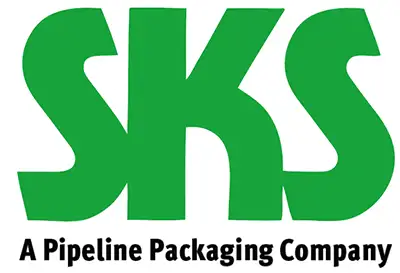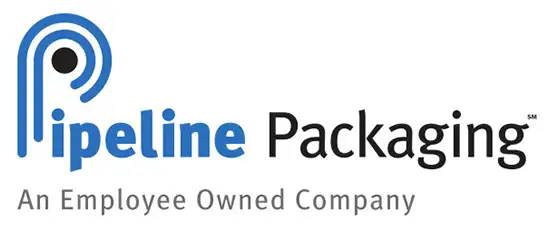Selecting a Glass Container
Things to Consider When Selecting Glass Containers
- Physical Design:
The physical design of the container will play a part in the amount of thermal and mechanical shock resistance it exhibits. It is frequently necessary to make a compromise between high resistance to mechanical shock and high resistance to thermal shock. - Color:
Whether you need something light sensitive or not. - Light Sensitivity:
Light sensitive products must be packaged in amber glass. Amber glass is formulated to absorb light in the ultra violet region of the electromagnetic spectrum. Test methods and specification limits for light protection can be found in the current revision of the US Pharmacopoeia, section 661 containers. - Shelf Life:
How long you are planning to store a sample or product in the container. - Processes the Container Will Undergo:
Storage containers, freezing or heating, washing, sterilization, method of sealing, humidity, hot or cold filling. - Storage After Filling:
Time (shelf life needed), heat, cold, moisture, shipping conditions, light exposure. - Handling Considerations:
It is important to consider filling and processing steps when choosing a container. Both mechanical and thermal stresses are important factors. For a given thermal expansion range, a typical tubing vial with thin, uniform walls will withstand thermal shock better then a molded glass container. - Product Composition:
Dry powder, pH, concentration of ions, physicochemical properties. - Specific Ion Sensitivity:
If a product is sensitive to the presence of particular ions, the composition of the glass container should be consider. For example, a pre-cleaned container used for environmental sample, even though the container may be clean, the chemical durability characteristics of the glass have not been altered. Thus it would not be feasible to test the sample for low levels of sodium, because the sample will extract sodium from the containers surface. - Closure Types:
Wide mouth vs. narrow mouth, closed cap, open top cap, liner material, sealing needed, threaded cap. - Temperature Resistance:
If the packaging would break down if exposed to extreme heat or extreme cold.
Chat with Us






 Shop All Packaging
Shop All Packaging Glass Containers
Glass Containers Plastic Containers
Plastic Containers Metal Containers
Metal Containers Cardboard Containers
Cardboard Containers Industrial Containers
Industrial Containers Caps / Closures
Caps / Closures Shrink Bands
Shrink Bands Design Custom Labels
Design Custom Labels Subscribe & Save Orders
Subscribe & Save Orders Shop By Industry
Shop By Industry Custom Packaging
Custom Packaging Pallet Qty Packaging
Pallet Qty Packaging SKS Direct Wholesale
SKS Direct Wholesale Packaging Equipment
Packaging Equipment Help/Info
Help/Info New Products
New Products Promotions
Promotions Newsletters
Newsletters Combo Kit Deals
Combo Kit Deals Product Closeouts
Product Closeouts Recently Back In Stock
Recently Back In Stock










